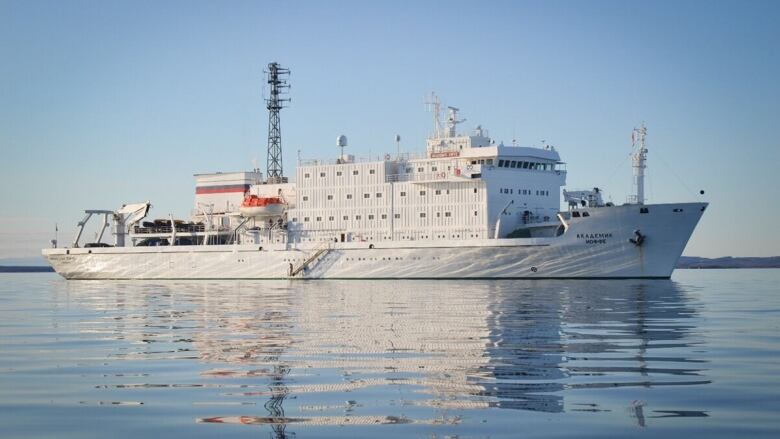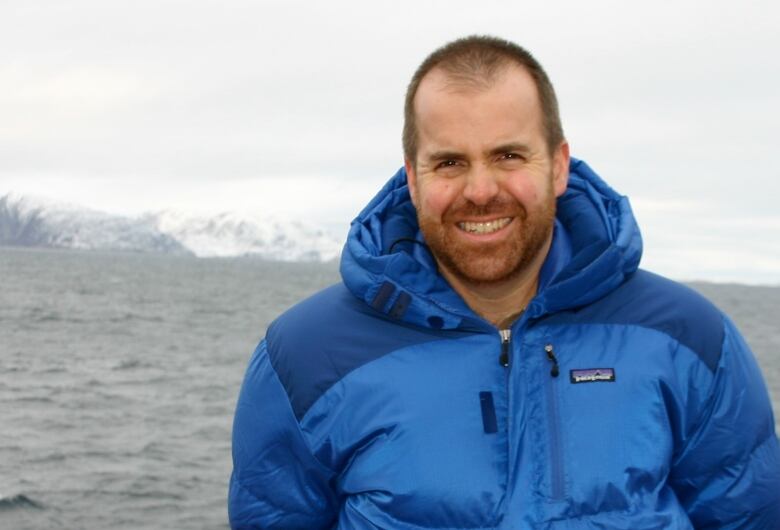Tourism of uncharted Arctic waters 'dangerous', says Canadian professor
Michael Byers was aboard the Akademik Ioffe before it grounded in 2018

The best way to prevent ships from grounding in the Canadian Arctic is for the federal government to stop allowing tourists to explore uncharted waters on cruise ships, according to one Canadian professor.
"The Arctic is a very dangerous place to navigate," said Michael Byers, who teaches at the University of British Columbia and wholectured on theAkademik Ioffe in 2011 seven years before it would get stuck in the western Gulf Boothia near Kugaaruk, Nunavut.
The Transportation Safety Board of Canada (TSB) released a report about the August 2018 incident last week, and called for mandatory risk mitigation measures for vessels operating in the CanadianArctic.
"The Canadian Arctic has 1900 islands, so lots and lots of water ways between islands, many of them quite shallow, most of them poorly charted,"said Byers. "If a ship travels off one of the main [shipping] routes, it's almost immediately at risk."

There's pressure to allow such trips, he said, from the tourism industry.
"One of the attractions for tourists is to go into unexplored places," said Byers, addingthey pay "very large fees" to do so.
According to the TSB's report, which does notassign fault or liability, the Ioffe entered shallow waters and sailed for four minutes before it was grounded. Its alarm system to detect low water had been turned off, the report said.
There were 102 passengers and 61 crew on board, who were rescued by the Canadian military and the coast guard.
The vessel was also badly damaged, the report said, and spilled 81 litres of fuel into the ocean.
Had there been a serious Arctic storm at the time, Byers said the incident could have been deadly. It also led to an expensive rescue mission, he said.
"It did result in the tasking of several Canadian vessels to divert from their planned schedules and to spend time going to the scene. That's expensive. That's tax-payer money that was spent."
Byerssaid the vessel should not have been allowed to sail in the Arctic in the first place, because of 12 deficiencies that, according to the TSB, were not picked up on by a Transport Canada inspection five weeks earlier.
Another part of the solution, said Byers, is better charting of Arctic waters.
"We can't chart all of the waters to world class standards [but] we can certainly improve on what's there."
With files from Joanne Stassen












_(720p).jpg)


 OFFICIAL HD MUSIC VIDEO.jpg)
.jpg)



























































































